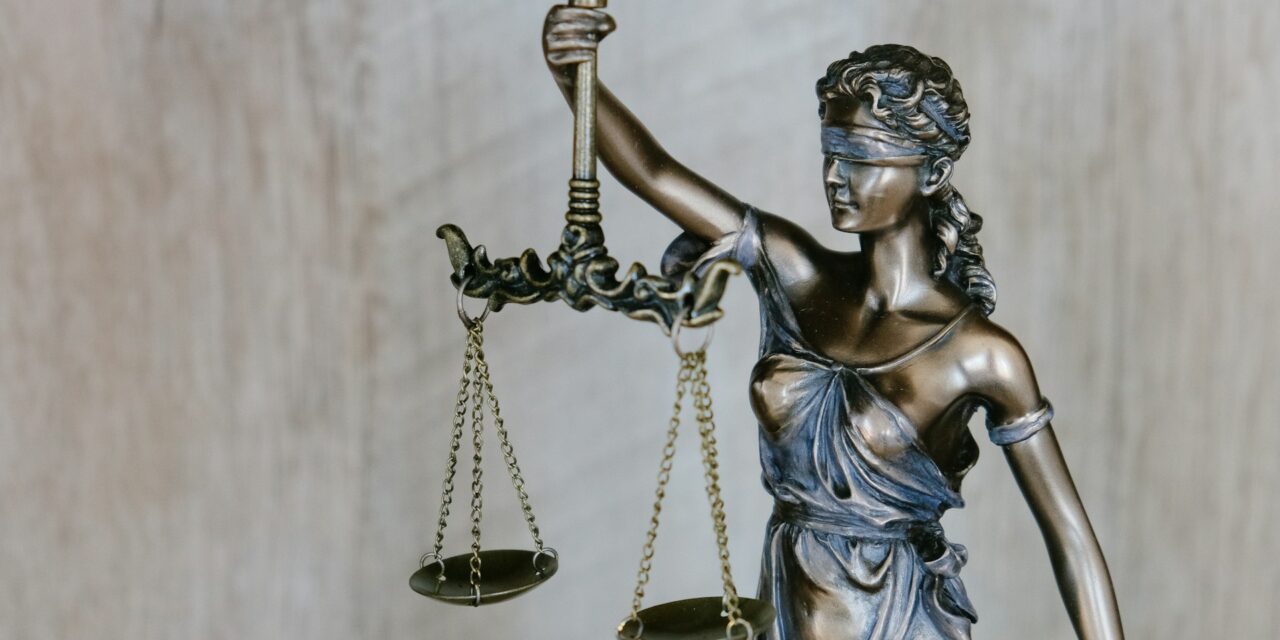In today’s hyper-connected digital landscape, the lines between acceptable online behaviour and criminal activity can blur with alarming ease. One such legal grey area revolves around indecent image offences — a serious and sensitive issue that carries significant legal, social, and personal consequences.
Understanding the legal framework surrounding indecent image offences is critical for anyone facing allegations or seeking to educate themselves on this complex topic. Let’s explore what these offences entail, the potential penalties, and the importance of having expert legal representation.
What Constitutes an Indecent Image Offence?
In the UK, indecent image offences typically involve the creation, possession, distribution, or publication of images that depict children in a sexualised or explicit manner. The law is clear: such actions are criminal regardless of intent, age of the possessor, or whether the image was self-created (as in some cases of sexting between teenagers).
The Protection of Children Act 1978 and the Criminal Justice Act 1988 are the main pieces of legislation governing these offences. With advances in technology, offences have evolved to include digital imagery and online sharing, making enforcement both more urgent and more complex.
Categories and Severity
Indecent images are usually categorised into three levels:
-
Category A: Images involving penetrative sexual activity or sadism.
-
Category B: Non-penetrative sexual activity.
-
Category C: Other indecent images not falling into A or B.
The category and volume of images in question can greatly influence sentencing outcomes, ranging from community orders to custodial sentences. Courts also consider factors such as intent to distribute and previous criminal history.
The Digital Dilemma
Modern digital platforms, cloud storage, and encrypted messaging apps have made it easier than ever for indecent content to circulate — sometimes without users being fully aware of the illegality or implications of their actions. For example, someone may unknowingly receive an illegal image via a messaging app and fail to delete it, yet still face prosecution for possession.
This digital vulnerability underscores the importance of digital literacy and legal awareness, particularly among younger individuals and professionals working in tech environments.
False Allegations and Legal Support
Being accused of an indecent image offence can be devastating. The stigma alone can destroy reputations, careers, and relationships. In some cases, individuals are falsely accused due to malware infections, shared devices, or even malicious reporting.
If you or someone you know is facing allegations, swift and expert legal advice is essential. Legal professionals can challenge the admissibility of evidence, scrutinise the forensic process, and argue for proportionality in sentencing.
One firm with a strong track record in navigating these delicate and highly specialised cases is PCD Solicitors. With extensive experience in defending clients against indecent image allegations, PCD Solicitors provides the discretion, sensitivity, and legal acumen required to manage these cases effectively.
Moving Forward: Prevention and Awareness
Beyond legal defence, it’s equally important to focus on prevention. Schools, parents, and organisations must work together to educate young people about the risks of digital media misuse. Employers should also implement training and robust IT policies to safeguard staff and systems.
For those who have made mistakes, rehabilitation and support services play a vital role in reducing reoffending and promoting societal reintegration.
Final Thoughts
Indecent image offences represent a highly sensitive area of criminal law, fraught with emotional, legal, and social challenges. Whether defending against allegations or seeking to understand the law’s reach, individuals need trusted legal partners by their side. Firms like PCD Solicitors are instrumental in helping clients navigate this legal minefield with care, discretion, and unwavering professionalism.















